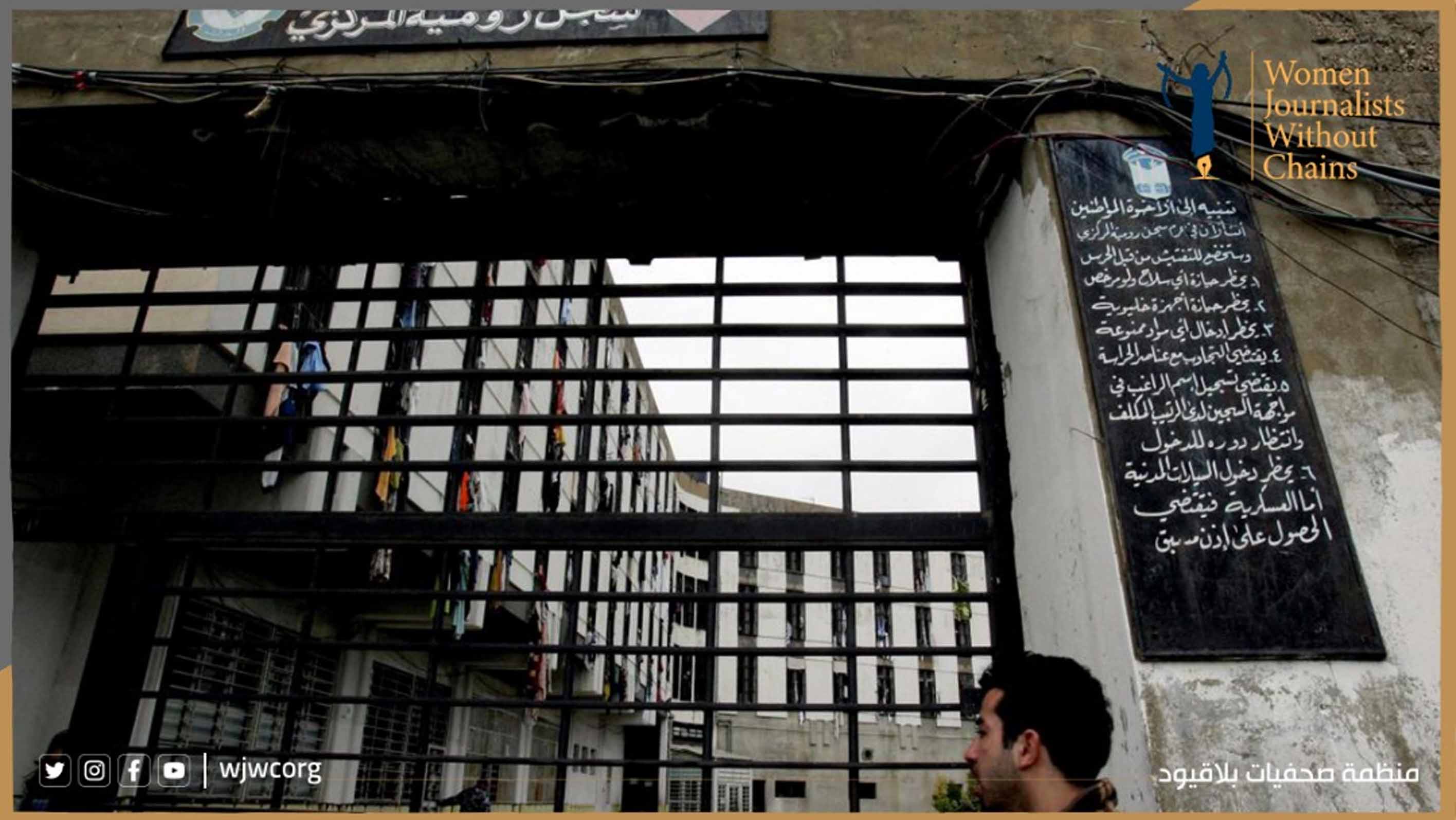Wjwc News

Syrian Prisoner's Death Exposes Tragic Detention Conditions in Lebanon
The death of Syrian detainee Osama al-Jaour inside Lebanon’s notorious Roumieh Prison has ignited widespread alarm over the plight of thousands of prisoners enduring inhumane conditions in the country’s overcrowded detention centers.
In a statement, Women Journalists Without Chains (WJWC) described al-Jaour’s death as a “serious alarm bell” exposing the extent of violations against Syrian prisoners in Lebanon and underscored the urgent need for authorities to address what it called a “deepening detention crisis.”
Testimonies from within the prison revealed that al-Jaour, held in Block B, had suffered a severe decline in health, leaving him fully paralyzed before his transfer to the detention center, where his death was declared. He had been imprisoned since 2015, accused of participating in fighting against Hezbollah forces in his hometown of al-Qusayr, Syria.
According to his family, al-Jaour’s body was returned to al-Qusayr and buried on August 15. His father claimed his son died four days earlier, on August 11, and that his body bore the signs of extreme malnutrition, stating: “His stomach was stuck to his back from hunger.”
WJWC condemned the broader conditions in Lebanese prisons, where overcrowding has reportedly surpassed 200 percent. Official figures estimate Lebanon’s prison population at more than 8,300, including over 2,300 Syrians. The organization stressed that the system is plagued by severe shortages of medical care, food, and basic services, transforming prisons into “inhumane environments.”
The group also highlighted a major legal concern: around 80 percent of inmates in Lebanon have not been convicted, with many languishing in detention for years—some for nearly two decades—without trial or formal charges. Many arrests, it noted, stem from political denunciations or the expression of dissenting views, in violation of both Lebanon’s constitution and international treaties.
The issue of a general amnesty, long debated in Lebanon, remains paralyzed by political and sectarian divisions. Families of detainees have repeatedly called for a comprehensive amnesty, but political parties continue to reject proposals that would cover prisoners accused of resisting authorities or violent offenses. WJWC said this political deadlock has left thousands of families trapped in suffering, turning a humanitarian crisis into “a tool of political bargaining.”
Lebanon ratified the International Covenant on Civil and Political Rights in 1972, which guarantees the right to liberty, humane treatment, and a fair trial. WJWC stressed that the prolonged detention without verdicts, systematic delays, and denial of rights constitute a clear breach of Lebanon’s international obligations.
WJWC has called for an independent judicial investigation into the circumstances surrounding al-Jaour’s death, emphasizing the need for accountability for any negligence, torture, or denial of medical care. They also demand the immediate release of unconvicted detainees, particularly those whose detention has exceeded legal limits. Additionally, the organization urges urgent improvements to prison conditions, including enhanced access to healthcare and adequate food for all detainees.
Women Journalists Without Chains further urged the United Nations and international human rights bodies to intervene and monitor detention facilities in Lebanon to ensure compliance with international law.
